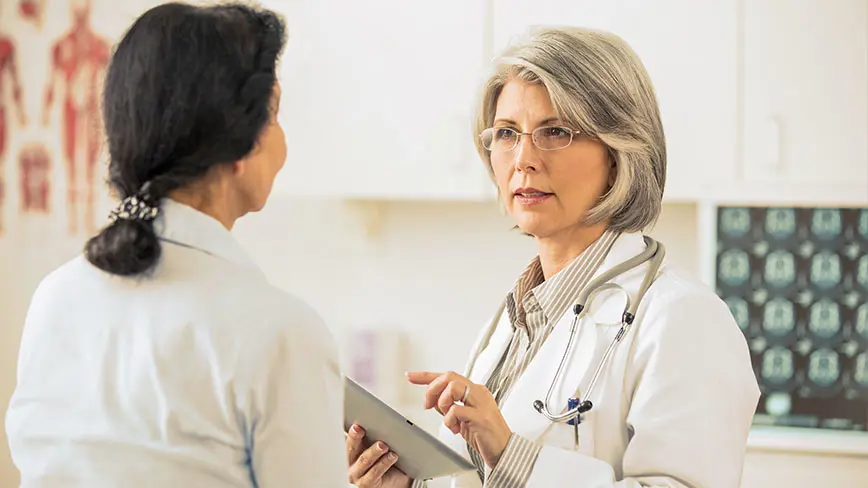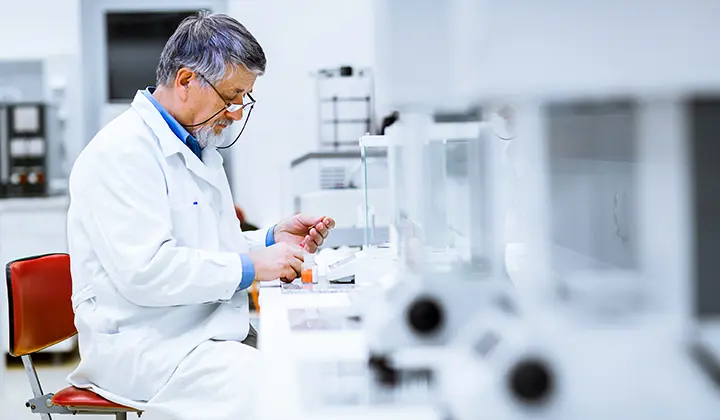The science of biosimilars
Creating biosimilars in living cells takes a great deal of expertise and sophisticated technology. Here is why.
Biologics
Biological medicines or biologics is the umbrella term for different substances, which are manufactured using biotechnological processes. Those subtances that are used in the reference products are the basis for the development of biosimilar medicines.
Reference product vs. biosimilar

Clinical development
The development process of biosimilars can be split into four main phases:
How do biosimilars work?
Discover biosimilar medicines
The European Medicines Agency (EMA) provides further information about biosimilar medicines, their safety, and efficacy. Find out more by visiting their website, or by watching a video about biosimilars in the European Union.






